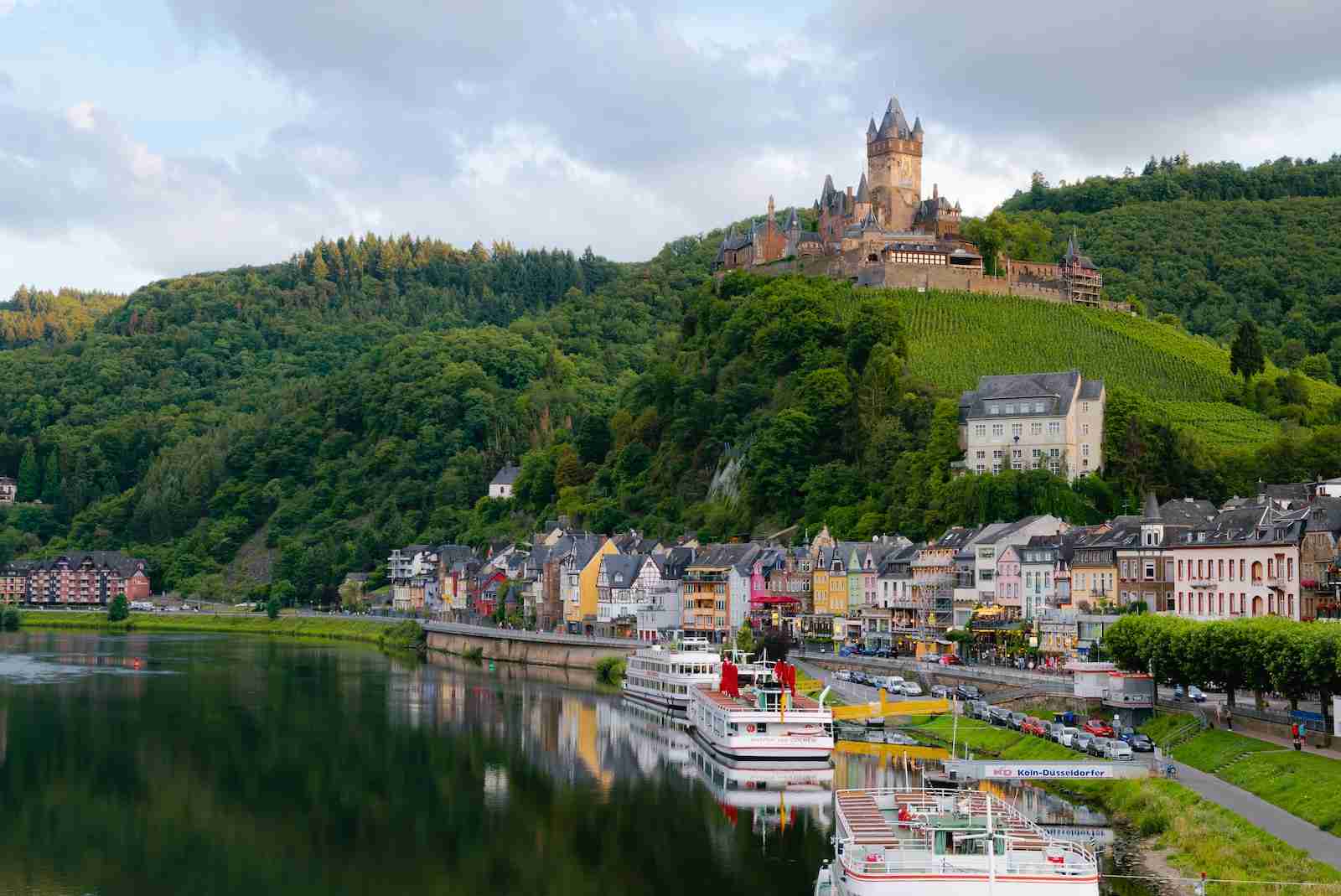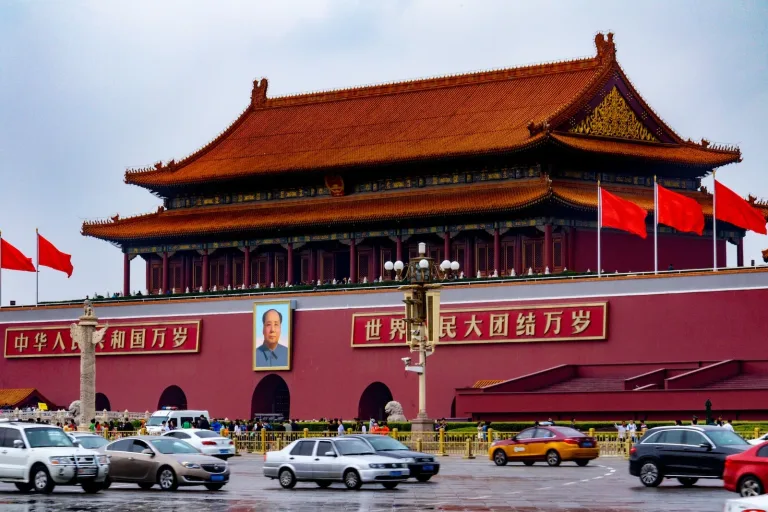25 Fun Facts About Germany | From Fairy Tales to Fanta
1. Germany has over 1,500 different types of sausages.
Did you know that when it comes to sausages, Germany stands out with an astonishing variety? They have over 1,500 different types.
From the spicy Bratwurst to the classic Frankfurter, there’s a sausage for every taste. Next time you’re at a German market, try counting them all, you’ll probably lose track after a few dozen.
2. Fanta originated in Germany as a result of World War II.
Here’s something you might find interesting about Fanta. The drink actually started in Germany during World War II. Because of the war, it was hard to get Coca-Cola syrup into the country.
So, the people there used what they had to create a new drink, and that’s how Fanta was made. It’s cool how a tough situation led to a new and popular drink.
3. About a third of Germany’s land area is covered in forests and woodlands.
Imagine walking in Germany and finding yourself surrounded by trees and the sounds of nature. Well, it’s very likely.
That’s because a big chunk of Germany, about one-third of it, is all forests and green spaces. So, if you’re a nature lover, Germany has got plenty of scenic spots waiting for you.
4. There’s a city named Bad Kissingen where honking is illegal.
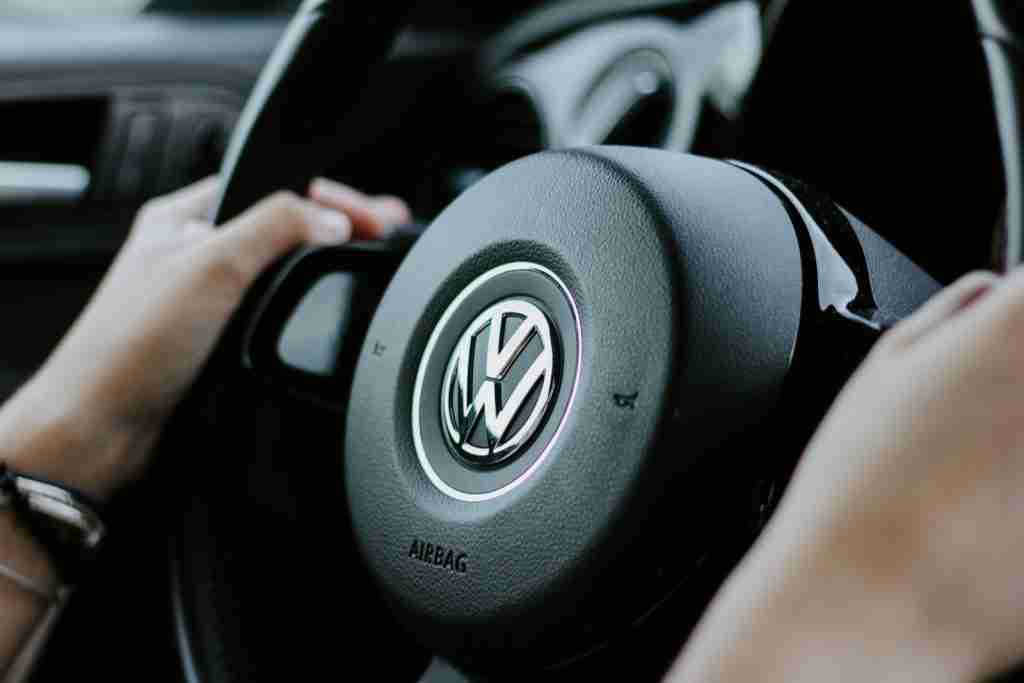
In the quiet ambiance of Bad Kissingen, a unique rule stands out honking is outright illegal.
This German city values tranquility so much that drivers have to think twice before reaching for their car horn.
5. Freiburg is Germany’s sunniest city.
Looking for sunshine in Germany? Freiburg is your go-to destination. As Germany’s sunniest city, it not only stands out for its abundant sunshine but also for its warmer temperatures, often rising above the national average.
During summer months, temperatures can climb up to 25°C (77°F). Whether you’re lounging in a park or exploring its streets, the inviting warmth of Freiburg always feels like a special treat.
6. Germany shares borders with nine countries.
When you look at a map, you’ll see Germany right in the heart of Europe, and it’s a neighbor to many.
In fact, it shares its borders with nine different countries. If you were on a road trip to Germany, you could easily hop over to places like France, Denmark, or Poland in no time.
7. Germans are world leaders in recycling.
Germans take recycling seriously and are world leaders in this practice. For instance, they’ve developed the Green Dot system where manufacturers and retailers have to pay for the recycling of their packaging.
Additionally, most neighborhoods have color-coded bins to separate paper, plastic, glass, and organic waste, making it easy for residents to contribute to the effort.
8. The world’s first magazine was launched in Germany in 1663.
One of the fun facts about Germany is that it started something big in 1663. That year, they made the world’s first magazine. This was the first time people could read a magazine like the ones we have now.
It was a new way for people to get information and stories. Today, we have many magazines, and it all started in Germany.
9. German highways, Autobahnen, have parts with no speed limit.
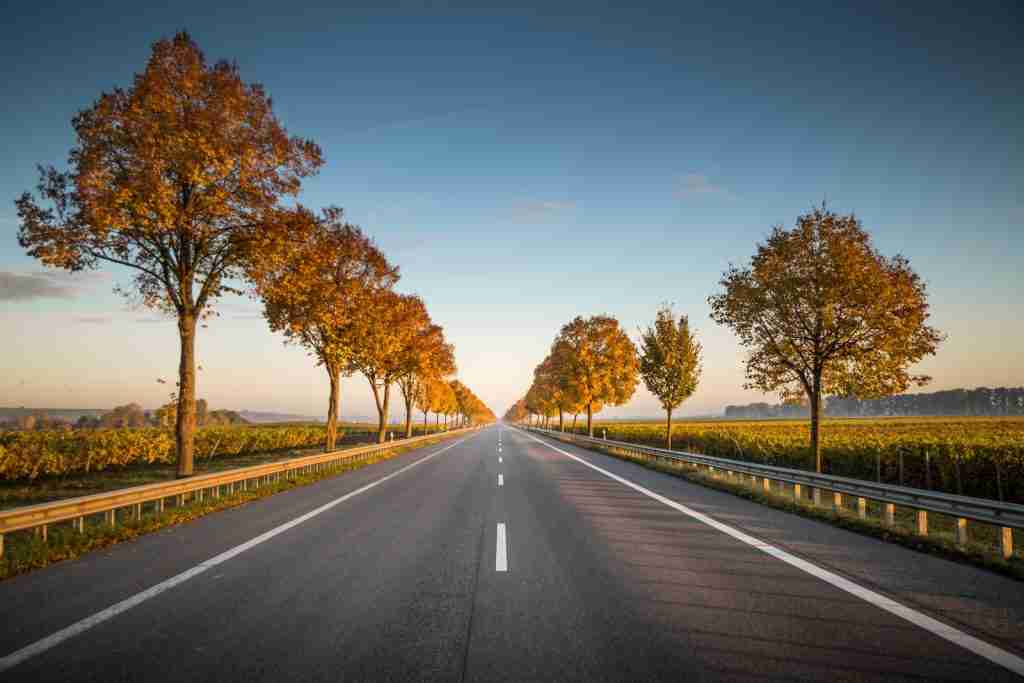
If you love driving fast, Germany’s highways, called Autobahnen, are a dream come true. Spanning over 13,000 kilometers, a good portion of these roads have no speed limit.
It’s quite an experience to drive on these stretches, feeling the thrill as the scenery whizzes by.
10. The tradition of the Christmas tree originated in Germany.
When you see a decorated Christmas tree, thank Germany. The tradition of decorating evergreen trees during Christmas started there.
Over time, this German custom spread across the world, turning the Christmas tree into a global symbol of festive celebration.
11. Germany has its version of Valentine’s Day on December 6th.
While most of the world celebrates love on February 14th, Germany has a twist. They have their own version of Valentine’s Day on December 6th.
It’s a special day when loved ones exchange gifts, making winter a bit warmer with affection and care.
12. University education in Germany is largely free.
In Germany, education is highly valued, and this is reflected in their approach to university fees. For many programs at public universities, students don’t have to worry about tuition fees.
While there might be some small administrative costs, the lack of high fees makes higher education accessible to many, both local and international students.
13. Germany has a day of sleep celebrated on June 21st.
Every year on June 21st, Germany marks an unusual but essential celebration called Tag des Schlafs, or Day of Sleep. Coinciding with the summer solstice, the day highlights the importance of good sleep for health and well-being, which is one of the fun facts about Germany.
Various organizations use this occasion to share insights on sleep disorders and the significance of a restful night.
14. During WWII, Nuremberg’s Tucher brewery hid its beer underground to avoid bombings.
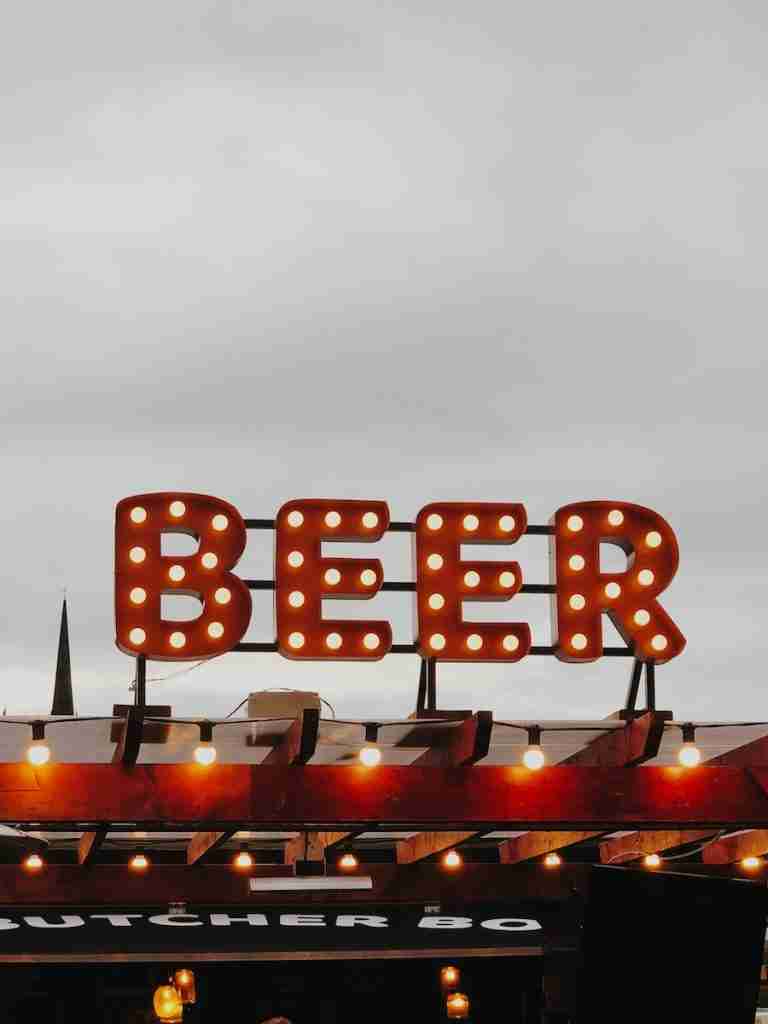
During the tumultuous times of World War II, cities across Germany faced constant bombing threats. In Nuremberg, a historic city known for its rich traditions, the Tucher brewery took a unique precautionary measure.
They decided to safeguard their precious brew by moving it into deep underground cellars. These cellars, cut into the rock, offered protection against the devastating air raids, ensuring the beer’s survival during those challenging times, which is one of the fun facts about Germany.
15. Hamburgers got their name from Hamburg, Germany.
Ever wondered where the term hamburger comes from? It’s directly linked to the city of Hamburg in Germany.
Initially, the Hamburg steak was a term for a specific style of beef patty. As this dish gained popularity, especially in the U.S., it evolved into what we now know and love as the hamburger.
16. Berlin is home to the largest train station in Europe.
When you think of grand train stations, Berlin should come to mind. The city houses the Berlin Hauptbahnhof, which holds the title of the largest train station in all of Europe.
It’s not just about size its modern architecture and numerous train platforms make it a hub of transportation and a marvel to visit.
17. The world’s narrowest street, Spreuerhofstraße, is in Reutlingen, Germany.
If you’re fascinated by unique records, here’s one from Germany. Reutlingen is home to Spreuerhofstraße, officially recognized as the world’s narrowest street.
This slim pathway is so narrow in parts that you’d have to walk sideways to get through.
18. Germany covers an area of 357,582 square kilometers.
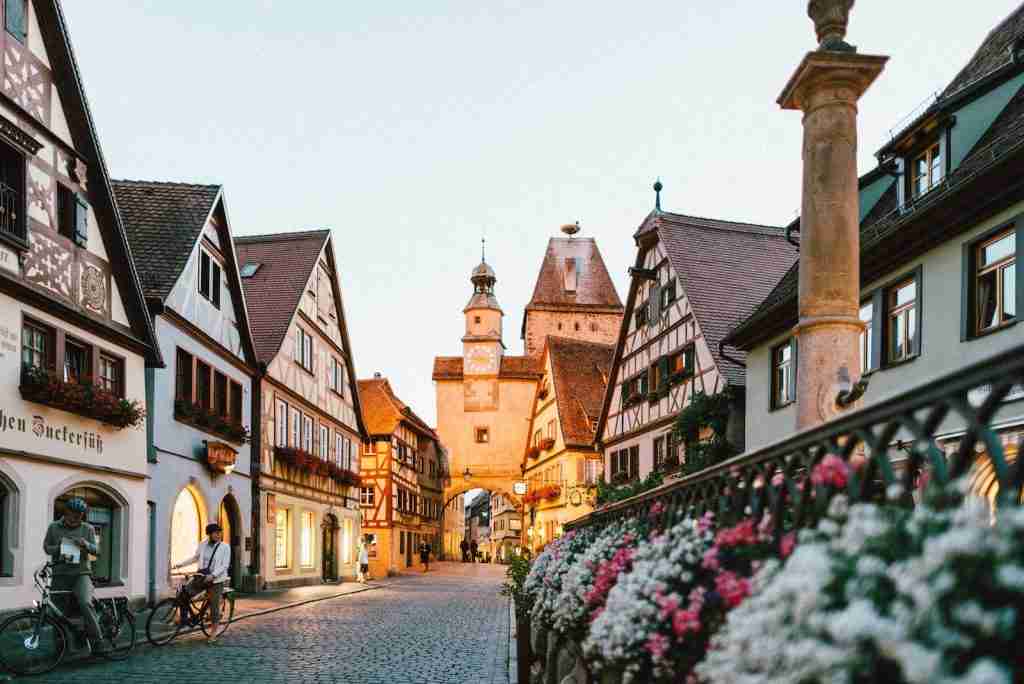
Germany is vast and diverse, spreading over a land area of 357,582 square kilometers. To give you a sense of its size, imagine all those towns, cities, forests, and rivers within that space.
And within this expanse, Germany is bustling with an approximate population of 83 million people, each contributing to its rich culture and legacy.
19. Nearly 60% of German roads are lined with trees.
Traveling through Germany, you’ll notice a green touch around 60% of the country’s roads are beautifully lined with trees. This not only enhances scenic drives but also promotes an eco-friendly infrastructure.
20. There’s a German spa where swimming in beer is offered.
For those who fancy a twist on relaxation, the Starkenberger Beer Pools in Germany offer a unique experience. Situated in a castle’s cellar, this spa allows guests to literally bathe in beer.
Immersing in these pools, you not only relax but also get a taste, quite literally, of Germany’s rich beer culture.
21. Germany manufactures renowned car brands.
Germany stands at the forefront of automobile innovation. It’s the powerhouse behind global car giants such as Mercedes-Benz, BMW, Volkswagen, Audi, and Porsche.
These brands, rooted in German engineering, have set benchmarks in the automotive world.
22. Albert Einstein was born in the German city of Ulm.
The world-renowned physicist, Albert Einstein, hailed from Germany. He was born in the city of Ulm on March 14, 1879.
His contributions to science and his German origins have left an indelible mark on history, which is one of the fun facts about Germany.
23. Donaudampfschifffahrtsgesellschaftskapitän is a valid German word.
German is known for its long compound words, and Donaudampfschifffahrtsgesellschaftskapitän is a testament to that.
This word, which translates to Captain of the Danube Steamship Company, beautifully illustrates the language’s ability to combine multiple terms into one, often descriptive, word.
24. One of the fun facts about Germany is that Berlin has more bridges than Venice.
Berlin, the heart of Germany, is surprisingly abundant in waterways. Spanning a total of over 180 kilometers, the city boasts a canal network that surpasses any other metropolis globally.
Connecting these vast waterways are impressive over 1,700 bridges. When you contrast this with Venice, famously known as the City of Bridges, Berlin dwarfs its count of 391 bridges.
25. The world’s largest pumpkin festival is held in Ludwigsburg, Germany.
Every year, from August to December, Ludwigsburg, Germany, becomes a pumpkin paradise. The grounds of the Palace transform into the venue for the Kürbisausstellung Ludwigsburg, the world’s largest pumpkin exhibition.
As part of the Blühendes Barock or Baroque in Bloom Palace Gardens, this extensive horticultural show dazzles visitors with a staggering 450,000 pumpkins spread out in intricate displays and boasting over 600 varieties.
FAQs
Germany is commonly referred to as Germany in English throughout Europe. However, in different European languages, it has various names, such as Deutschland in German, Allemagne in French, and Alemania in Spanish.
Germany invaded France on May 10, 1940, during World War II. This rapid offensive, known as the Battle of France or the Fall of France, led to the French government signing an armistice with Germany on June 22, 1940.
Germany is located in Central Europe, bordered by Denmark to the north, Poland and the Czech Republic to the east, Austria and Switzerland to the south, France to the southwest, and Belgium, Luxembourg, and the Netherlands to the west. It also has a coastline along the North Sea and the Baltic Sea to the north.
Yes, Germany and Japan were allies during World War II. They, along with Italy, formed the Axis Powers. The Tripartite Pact, signed in September 1940, solidified their alliance against the Allied Powers.
The capital of Germany is Berlin. Located in the northeastern part of the country, Berlin serves as the political, cultural, and economic center of Germany. Rich in history, it’s known for landmarks like the Brandenburg Gate and the remnants of the Berlin Wall. Today, Berlin is a vibrant city that blends tradition with modernity, attracting tourists with its diverse arts scene, innovative architecture, and lively nightlife.

